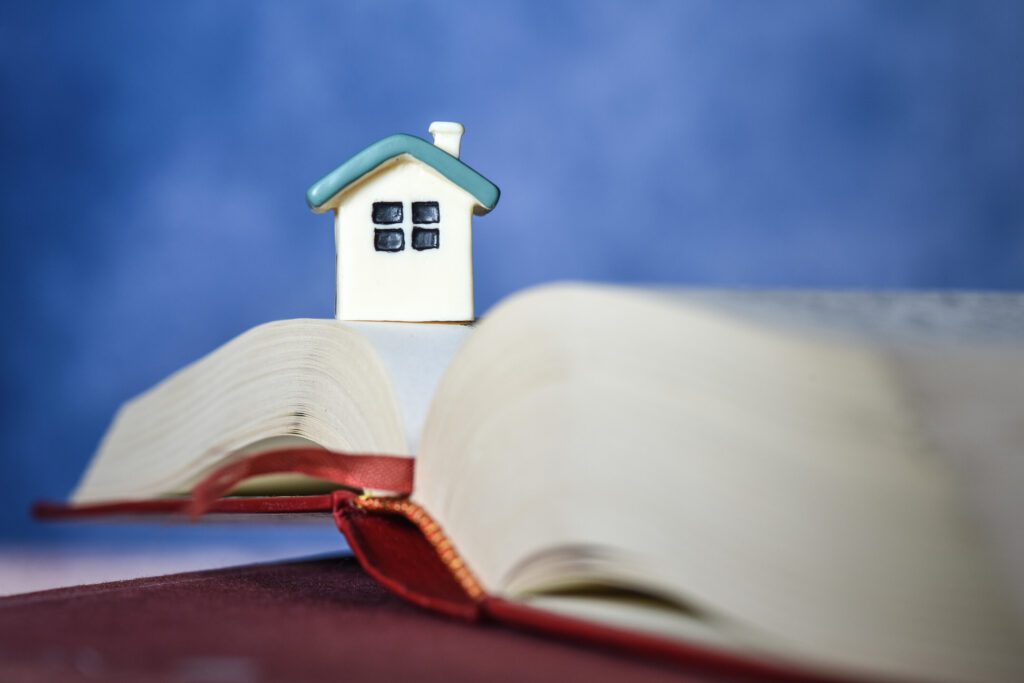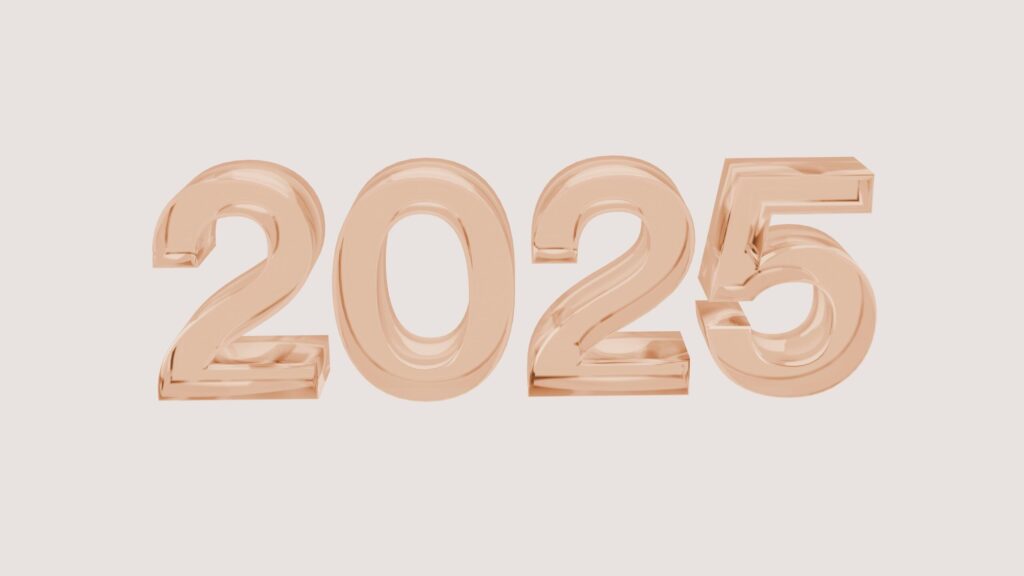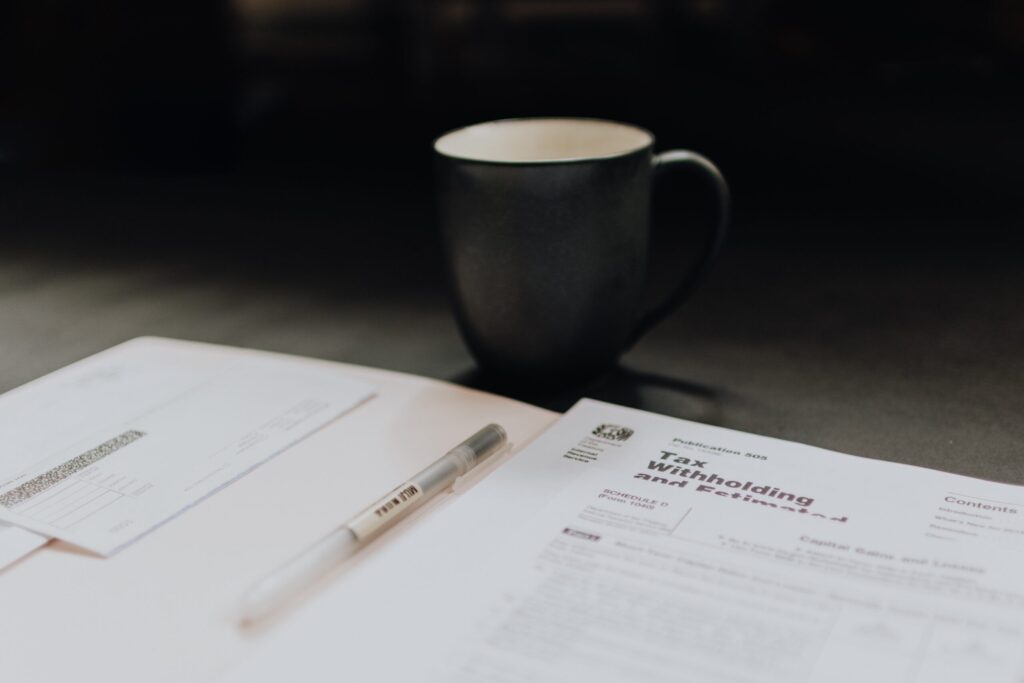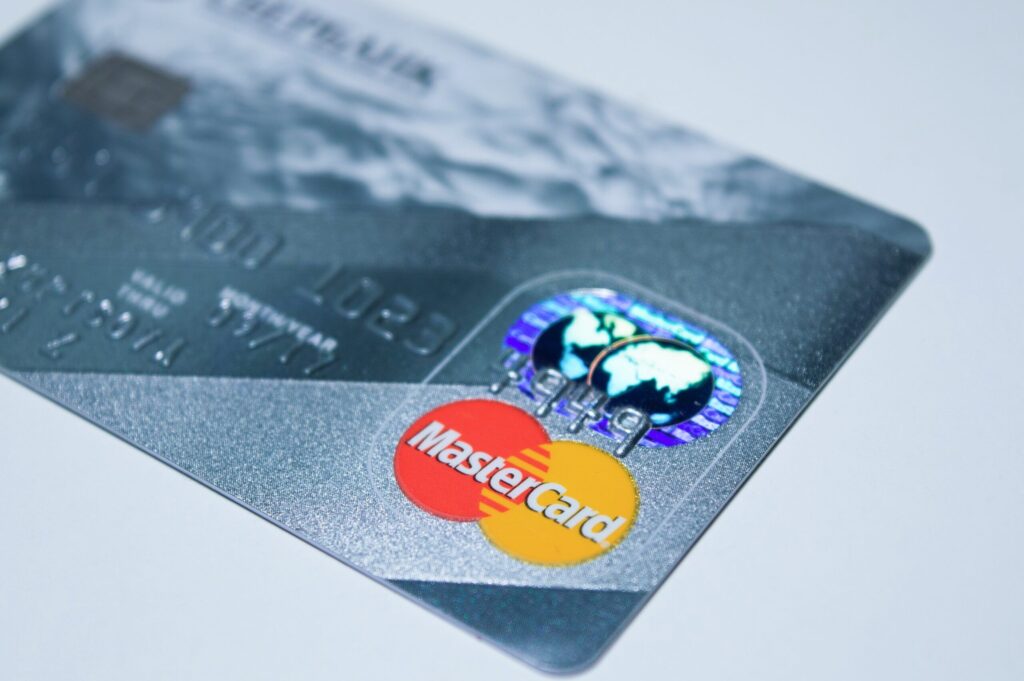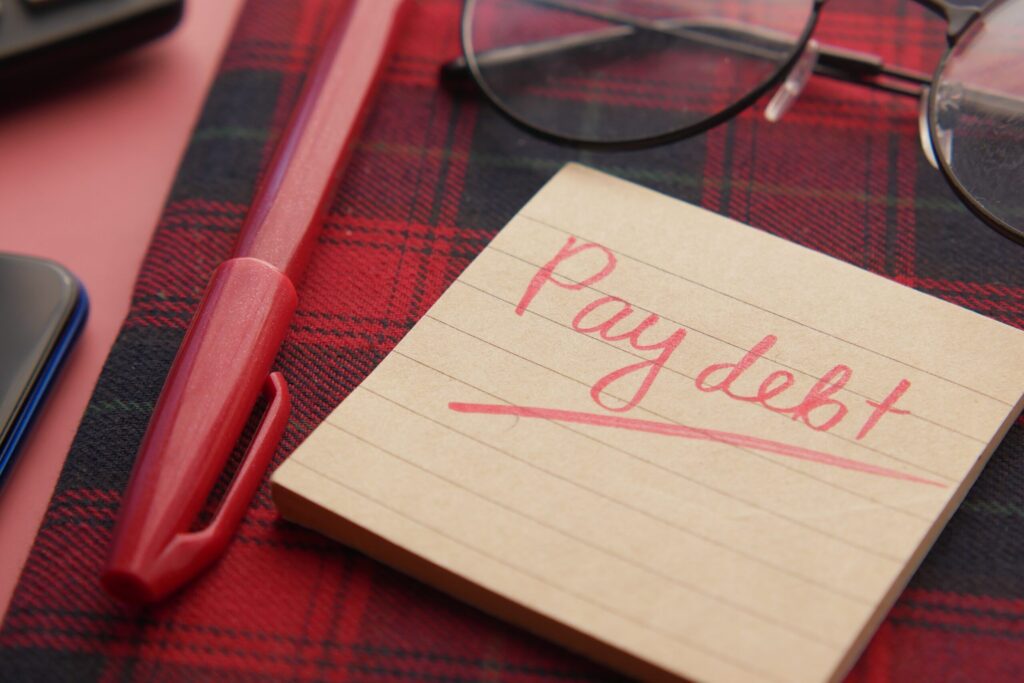When struggling with unmanageable debts or looking into debt relief options like bankruptcy and consumer proposals, some may be surprised to learn that there are two types of debt. These are secured debt and unsecured debt. Both are treated differently by financial institutions and banks, particularly when it comes to gaining debt relief on secured debt. So, what is the difference between unsecured and secured debt? In summary, secured debt is debt that is associated with a particular asset, like a mortgage or a car loan. Unsecured debt often finances a service like bills or even a business, but is not associated with an asset in the same way. So, what is secured debt? And how do you clear it if your secured debt is becoming too much?
What is secured debt?
Secured debt becomes ‘secured’ when an asset is associated with that debt. This is typically when someone takes out a loan in order to buy a particular asset, and when a financial institution has a lien on the asset you are buying until the loan has been fully paid. A common example of a secured debt is a mortgage, where a loan is secured against the value of your property. Most debts can be secured, including personal loans, credit cards, and lines of credit. If your repayments are missed on a secured debt, your lender is legally entitled to seize the property associated with your secured loan. You are not permitted to sell the associated assets without the lender being paid what they are owed. Having a secured debt lowers the overall risk for lenders of not receiving repayment. Subsequently, secured debts like mortgages typically have a lower interest rate than unsecured debts.
What types of secured debt are there?
The two most common forms of secured debt are as follows:
Mortgages
Mortgages operate as secured debt because they are debts associated with an asset. Should you miss your mortgage payments and default, your lender is able to seize your home. The lender can actually foreclose regardless of whether or not you are bankrupt. Lenders would of course rather not repossess as it is more profitable for them to keep receiving the mortgage payments when they can. As well as maintaining a mortgage, it is important that any payments you owe on municipal taxes and utilities are not missed. If they are, your city of residence or the utility company can place a lien on your property. This can turn a previously unsecured debt into a secured debt.
Car loans
Car loans are secured debts because once again, it is a debt associated with an asset. If you default on your car loan repayments, your lender is entitled to seize their car. If this happens, the car is often then sold in order to regain the losses on the outstanding debt. Should the value of the car at the time of default be less than the remaining debt owed, the lender may chase you for the remaining amount. Car loans are a form of secured debt because the car is the asset that can be seized should you default on your car loan repayments.
What are your options if you cannot repay your secured debt?
If you are having difficulty making your payments on a secured loan or mortgage, your options are limited if you wish to keep the asset held as security. Because banks and lenders have the right to seize and sell your property, it is not possible to discharge the secured debt in a bankruptcy or consumer proposal filing. Secured debts are not covered as part of the Bankruptcy and Insolvency Act. It is important to contact a Licensed Insolvency Trustee to establish your options immediately. A bankruptcy trustee will work with you to review your financial circumstances and see if filing a consumer proposal or bankruptcy will clear any unsecured debts you may have. Filing a consumer proposal or bankruptcy on unsecured debts does not impact your secured debts, meaning lenders cannot repossess your assets as a result. In fact, a consumer proposal or bankruptcy on your unsecured debts may free up your income to enable you to pay off your secured debts and keep your assets.
How do you clear secured debt?
Unfortunately, there is no way to clear your secured debt and retain your associated asset. If you are still unable to pay your repayments, you will need to voluntarily give up your secured asset, or have it repossessed. If this is your mortgage, your lender can repossess your home, and if it is a car loan, your lender can take back the car should the payments not be made. Once the asset has been repossessed, any debt that remains becomes unsecured debt. This means it can be included as part of a consumer proposal or bankruptcy should this be necessary in your situation. In any circumstance surrounding secured debt, it is best to book a free consultation with a reputable Licensed Insolvency Trustee. As the only professionals legally able to file all forms of debt relief in Canada, they are best acquainted with your available options. No matter how unmanageable your debt, there is a solution for every financial circumstance. At Spergel, our trustees will review your finances and help you determine the best solution for your secured debt.
If you are struggling with secured debt and fearful of losing. If you are struggling with secured debt and fearful of losing your home or car, book a free consultation with Spergel. Our experienced Licensed Insolvency Trustees will review all of your available options, from filing a consumer proposal on unsecured debt to helping you voluntarily give up your assets and begin a fresh financial future. No matter what the outcome, we are here with you every step of the journey.







